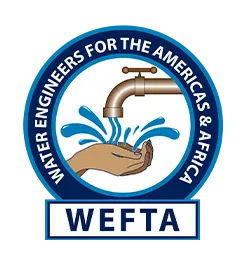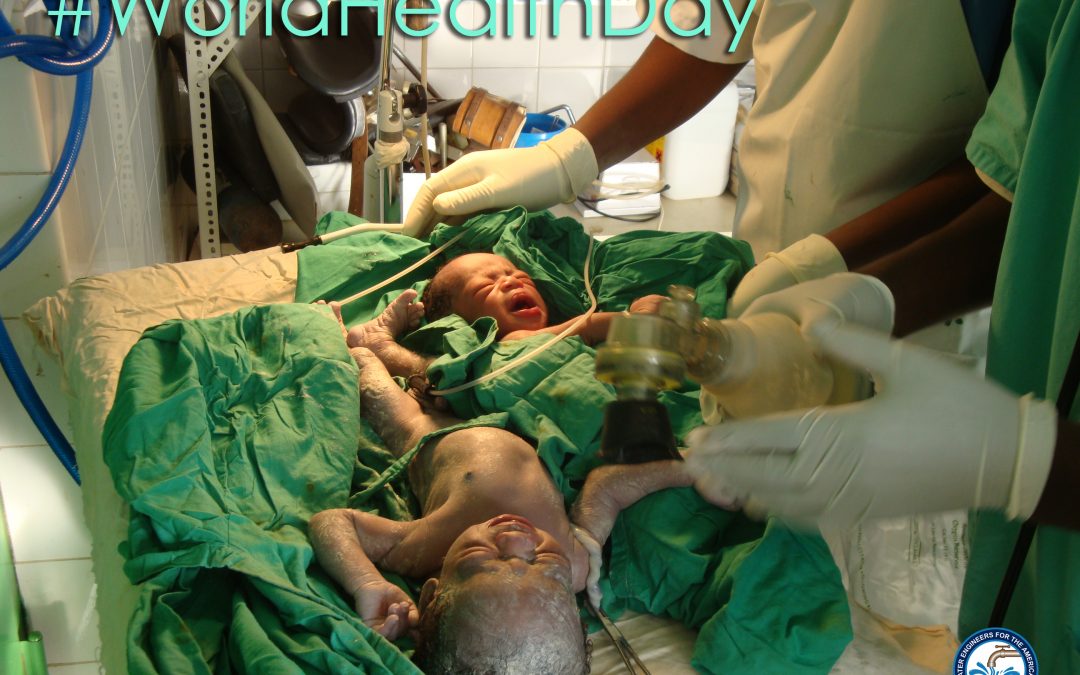Just 3 years ago, the appalling conditions inside hospitals and health clinics around the world, due to the lack of Water, Sanitation and Hygiene (WASH), was virtually ignored. 50% of healthcare facilities in Least Developed Countries lack even basic water services, leaving 1.8 billion people reliant on 100s of 1000s of healthcare facilities in low- and middle-income countries (LMICs) in inexcusable conditions, with healthcare workers unable to adequately wash their hands. Economic costs are high: poor-quality healthcare in LMICs results in US$1.4 to $1.6 trillion a year in lost productivity.
Now WASH in healthcare facilities is being recognized as an essential service. A concerted advocacy effort has awakened global and national leadership to WASH as the foundation for global health, infection prevention and control, pandemic preparedness, and quality care. UN Secretary General Guterres, WHO Director-General Dr. Tedros, UNICEF Executive Director Fore, heads of state and First Ladies, Ministers of Health, Vatican officials, the Dalai Lama and so many more have expressed strong support, resulting in new policies, plans, funding goals and implementation. UNSG Guterres issued a Call-to-Action in 2018, WHO Member States unanimously adopted a 2019 World Health Assembly Resolution that includes 8 practical steps for global implementation by 2030. WHO and UNICEF added metrics to chart progress, and dozens of national governments are exploring concrete plans and resource requirements. More than 100 partners have made specific commitments to funding, technical assistance, research, training, maintenance and advocacy. Innovative new funding mechanisms are in formation, such as the Sanitation and Hygiene Fund but more domestic resources and external support, including philanthropies, are needed.
Content and video provided by Global Water 2020
Learn more about our WASH in Healthcare Facilities projects and how you can help.

